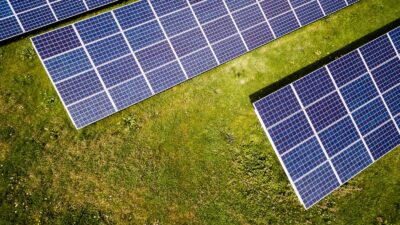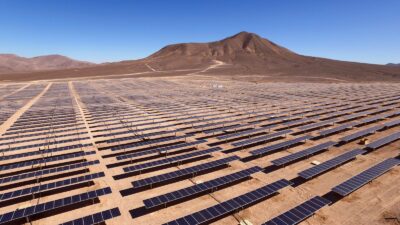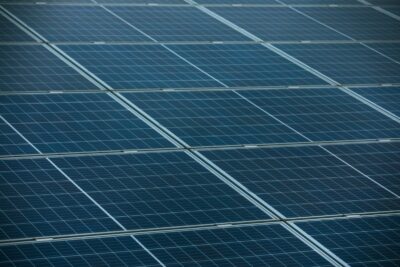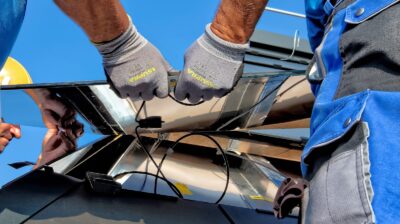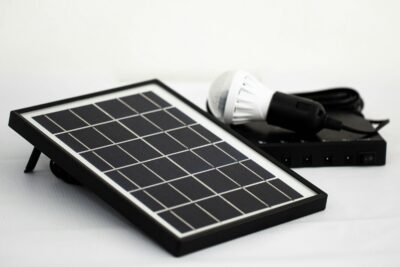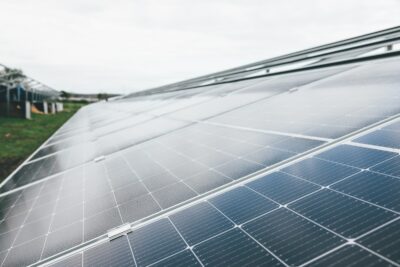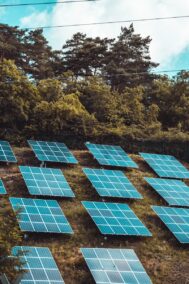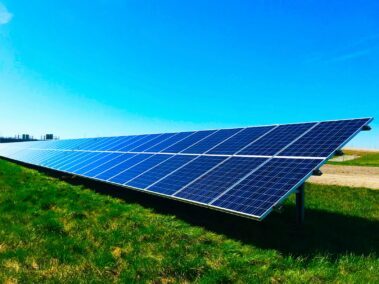Driving Sustainable Development in Saudi Arabia and the UAE
Redefining Solar Technology: The Rise of Organic Solar Cells
Organic solar cells are revolutionizing the renewable energy landscape, offering flexible and lightweight solutions to meet the world’s growing energy needs. Unlike traditional silicon-based solar panels, organic solar cells utilize carbon-based materials to capture sunlight and convert it into electricity. This innovative approach not only enhances energy efficiency but also opens up new possibilities for integrating solar technology into various applications, from building-integrated photovoltaics to portable electronic devices.
The advancement of organic solar cells has been propelled by ongoing research and development efforts aimed at improving efficiency, durability, and cost-effectiveness. Scientists and engineers are exploring novel materials and manufacturing techniques to enhance the performance and scalability of organic solar technology. By leveraging the unique properties of organic semiconductors, such as flexibility and tunability, researchers are unlocking new opportunities for harnessing solar energy in diverse environments.
For countries like Saudi Arabia and the UAE, which experience abundant sunlight throughout the year, the adoption of organic solar cells holds immense potential. These nations can capitalize on their natural solar resources to generate clean electricity while reducing dependence on fossil fuels. By investing in organic solar technology, Saudi Arabia and the UAE can drive innovation, create jobs, and accelerate the transition to a sustainable energy future.
Flexible and Lightweight Solutions: The Promise of Organic Solar Cells
The versatility of organic solar cells makes them ideal for a wide range of applications, from rooftop installations to off-grid power systems. Unlike conventional solar panels, which are rigid and heavy, organic solar cells can be manufactured in thin, flexible films that can conform to various surfaces. This flexibility enables innovative deployment options, such as solar canopies, window coatings, and even clothing embedded with solar cells.
Furthermore, the lightweight nature of organic solar cells reduces transportation costs and simplifies installation, making solar energy more accessible to remote and underserved communities. In regions like Saudi Arabia and the UAE, where energy infrastructure is rapidly expanding, organic solar technology offers a decentralized approach to power generation, enhancing resilience and energy security. By harnessing the power of sunlight, these countries can reduce greenhouse gas emissions and mitigate the impacts of climate change.
The integration of organic solar cells into the built environment requires strategic planning and collaboration among stakeholders, including policymakers, urban planners, and architects. Effective communication and stakeholder engagement are essential for navigating regulatory frameworks and overcoming technical challenges. By fostering partnerships and knowledge exchange, Saudi Arabia and the UAE can accelerate the adoption of organic solar technology and pave the way for a more sustainable future.
Empowering Sustainable Development: The Role of Organic Solar Cells
In conclusion, the advancement of organic solar cells represents a paradigm shift in the field of renewable energy, offering flexible, lightweight, and cost-effective solutions to address the world’s energy challenges. By harnessing the power of sunlight, countries like Saudi Arabia and the UAE can drive sustainable development, reduce reliance on fossil fuels, and mitigate climate change.
Leadership and management skills play a crucial role in facilitating the transition to organic solar technology, as effective change management is essential for overcoming barriers and driving adoption. Executive coaching services and management consulting can provide valuable support and guidance to organizations seeking to embrace renewable energy solutions.
As the demand for clean energy continues to rise, the advancement of organic solar cells holds immense promise for shaping a more sustainable and prosperous future for generations to come. By investing in innovation, collaboration, and sustainability, Saudi Arabia and the UAE can lead the way towards a cleaner, greener world.
Unlocking Economic Opportunities
Beyond environmental benefits, the adoption of organic solar cells presents significant economic opportunities for Saudi Arabia and the UAE. By investing in domestic solar manufacturing and installation industries, these countries can create jobs, stimulate economic growth, and enhance energy independence. Moreover, the export of organic solar technology and expertise can position Saudi Arabia and the UAE as global leaders in the renewable energy market, attracting investment and fostering innovation.
Addressing Energy Poverty
In addition to driving economic growth, organic solar cells have the potential to address energy poverty in remote and underserved communities. By deploying off-grid solar solutions powered by organic solar technology, Saudi Arabia and the UAE can improve access to electricity, education, and healthcare in rural areas. This inclusive approach to energy access not only enhances quality of life but also contributes to social equity and sustainable development goals.
#renewableenergy #solartechnology #sustainablesolutions #energyinnovation #environmentalsustainability #SaudiArabia #UAE #Riyadh #Dubai #cleanenergy #solarpanels


